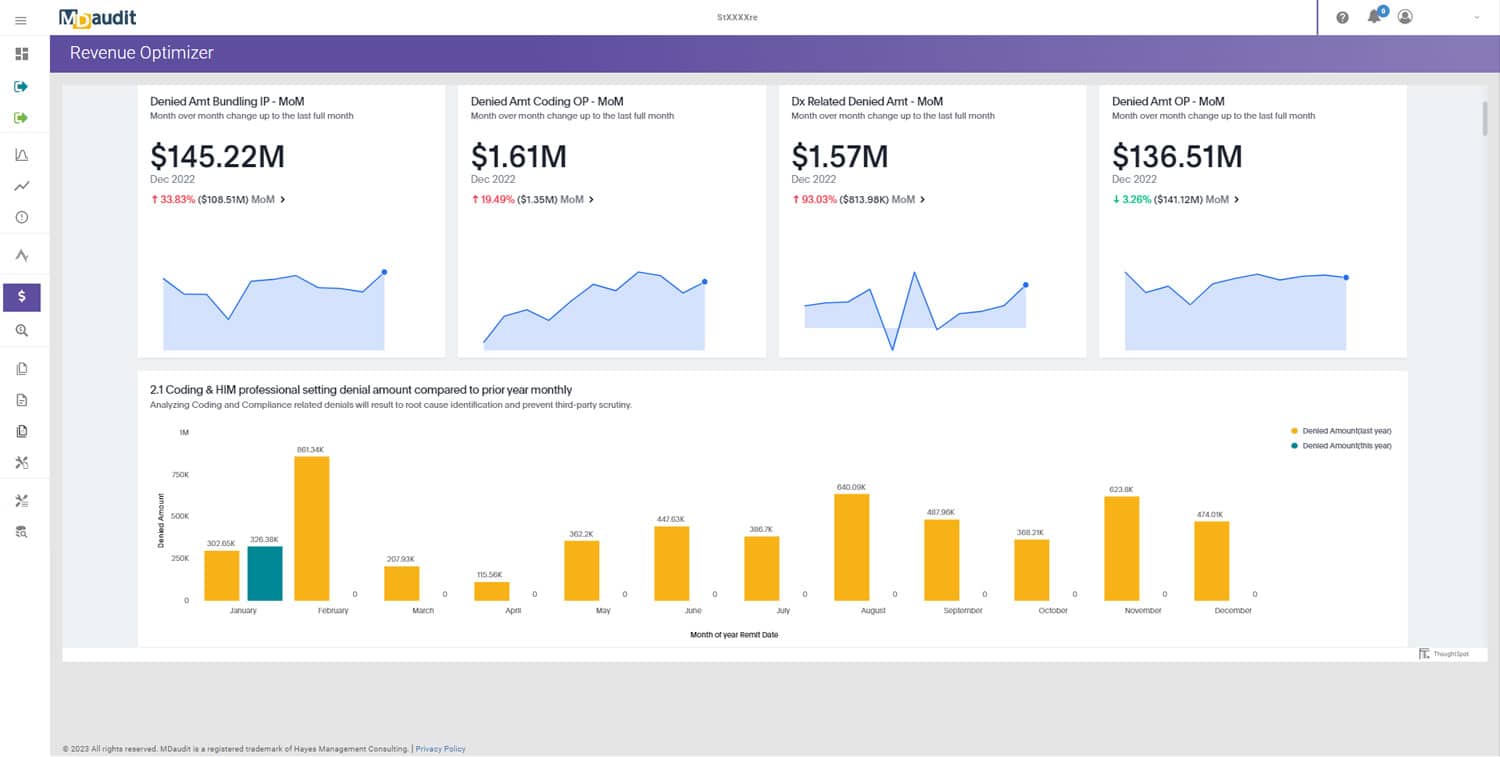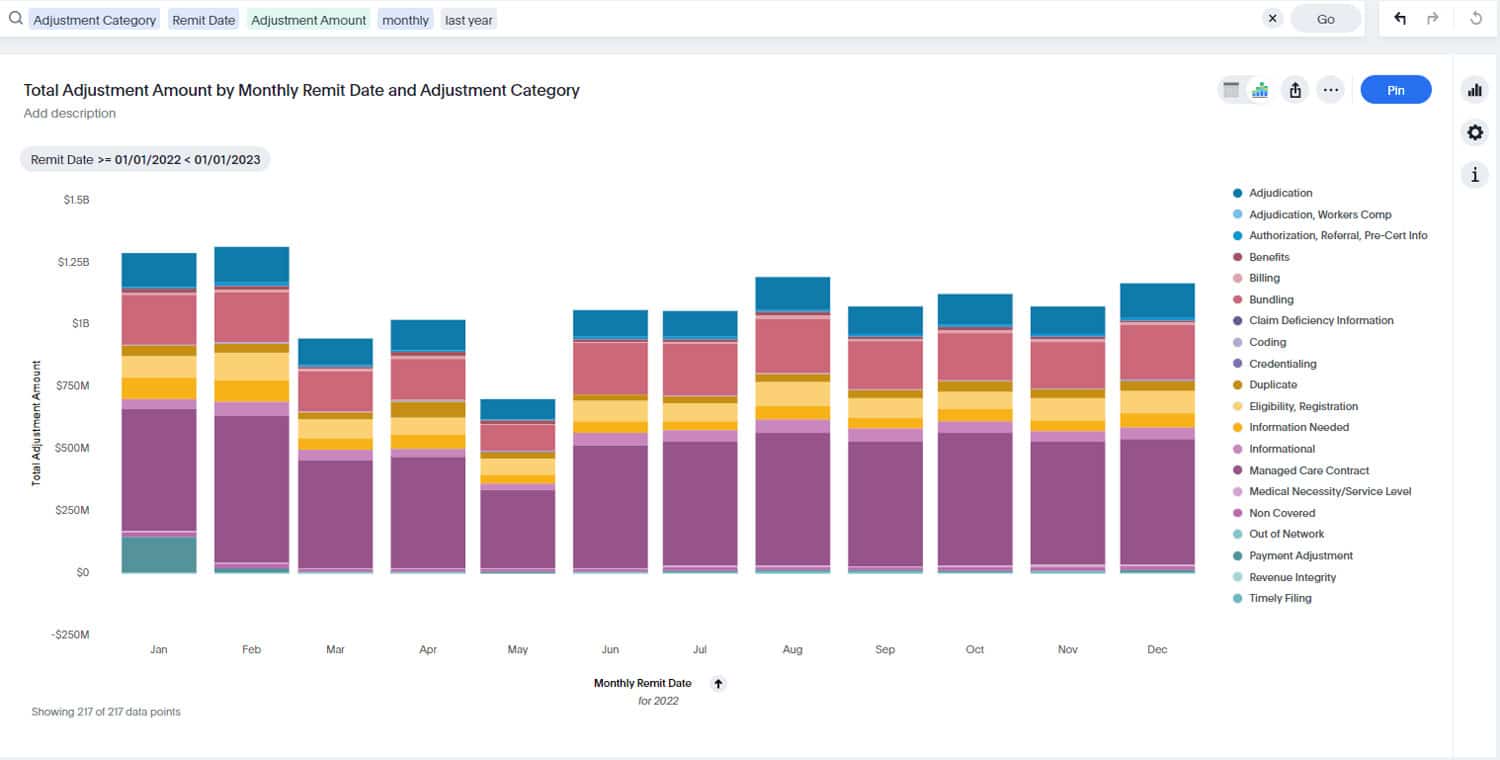All of us leverage intelligent digital platforms in our daily lives. While sitting at home and browsing movies using the world’s leading digital content platform, you hit search and it serves you with recommendations you had in mind – and you are amused.
The next day, you’re shopping on the world’s leading e-commerce platform, and before you can even complete typing the first letter of your search, it provides you with precise product recommendations – leaving you speechless.
How do they do that? How do they know your preferences? The answers lie in the “magic” of augmented intelligence, and the power of leveraging data at scale to drive productivity and an enhanced customer experience. Search and knowledge discovery are just two of the many practical applications of the emerging augmented intelligence technology, currently permeating multiple industries, including healthcare.
Augmented Intelligence is the “application of digital technology – particularly machine learning – to support and enhance human capabilities and productivity.”[1] It is also “the use of technology to supplement and support human intelligence, with humans remaining at the center of the decision making process.”[2]
Instead of the feared dystopian view of the future where artificial intelligence controls every move made by humans, augmented intelligence offers a more reassuring prospect where people and machines work together to create efficiency and productivity to better solve problems.
Augmented intelligence technology follows a five-step process that consists of:
- Understanding
- Interpretation
- Reasoning
- Learning
- Assurance
These steps allow the technology to be “taught” in conjunction with human interaction. At Hayes, we strongly believe in the power of augmented intelligence and the value it brings to revenue integrity in healthcare.
“Augmented Intelligence is the use of technology to supplement and support human intelligence, with humans remaining at the center of the decision making process.”
How Augmented Intelligence Powers a Revenue Integrity Strategy
The revenue integrity function within healthcare organizations strives to strike a balance between operational efficiency, regulatory compliance, and revenue optimization. As the current situation around the global COVID-19 pandemic evolves, the role of revenue integrity is more critical than ever to your organization’s financial health.
The key to an effective revenue integrity program lies in the ability to dig deeply into your available data sets to uncover problem areas within your revenue cycle. Analyzing claims and remit data for billing compliance, charge capture, coding accuracy, denials, and other areas can unleash a wealth of knowledge and insights to guide you in establishing more focused training or developing more effective processes. Technology that’s fueled by augmented intelligence can help you quickly identify billing anomalies and coding errors, and assist in communicating findings with coders and physicians for corrective action, delivering many critical benefits to power your organization’s revenue integrity initiatives.
Unfortunately, the current manual processes for conducting research to get to the root cause of billing problems is cumbersome and time consuming. By contrast, augmented intelligence can streamline and accelerate this process by enabling revenue cycle professionals to search and analyze billions of rows of data from any source in seconds – versus manual processes that could take weeks, or even months. Using augmented intelligence, revenue cycle teams can sift through mountains of rejected claims data to quickly get to the root cause of problems that may be hidden deep within the payment details, and then share those insights with their billing compliance counterparts who can tighten their processes to avoid future issues. .
Augmented intelligence can also help eliminate problems by continuously monitoring the coding and billing process. Catching errors before claims are submitted can eliminate the payment delays resulting from the back-and-forth cycle of claim rejections and re-submissions. Augmented intelligence can also be used to benchmark key risk areas and learn from similar organizations whose claims data also resides in the “community” data repository. Using augmented intelligence to evaluate norms and risks relative to peer organizations enables you to compare your performance in key areas, which is critical to identifying specific charge capture and denial issues.
Enhancing MDaudit Enterprise with Augmented Intelligence
We are embedding augmented intelligence technology into the MDaudit Enterprise platform to offer a new capability we’re calling “MD-AI.” This powerful technology will take our revenue integrity platform to a new level, delivering rapid, intelligence-driven insights. The MDaudit Enterprise platform already streamlines your revenue integrity practices with automated workflows, continuous risk monitoring, and anomaly detection that allows you to quickly identify risks, determine the root cause of errors and apply corrective action.
MD-AI accelerates the process of discovery from your data, and also enables you to conduct forward-looking analyses by “remembering” past searches and suggesting other areas of interest that can lead to new insights. Through the use of natural language search, you can enter simple phrases that describe your business questions to quickly get to the data and information you need. The more people that use the system, the more accelerated the learning – which all users can then leverage. For a preview of what’s coming in MDaudit Enterprise, take a look at our MD-AI video.
Advancing Healthcare Revenue Integrity
Augmented Intelligence is something we are experiencing in all walks of life today – through the Internet of Things (IoT) and our increasingly connected world. Using the same concept to improve the critical revenue integrity function for healthcare organizations is an essential application of this technology, At a time when healthcare organizations are looking to identify, code, bill, and ensure optimal reimbursements for COVID-19 related services, enhancing analytics through augmented intelligence can provide an important boost to efficiency, productivity, and profitability.
[1] The Intelligence Augmentation Design Toolkit, Futurice website.
[2] Augmented Intelligence, not Artificial Intelligence, is the Future, by Aaron Masih, Data Driven Investor, January 2, 2019.
See the future of auditing in our new, 60-second Auditing without Limits video.




